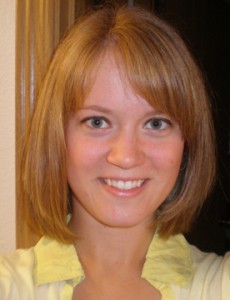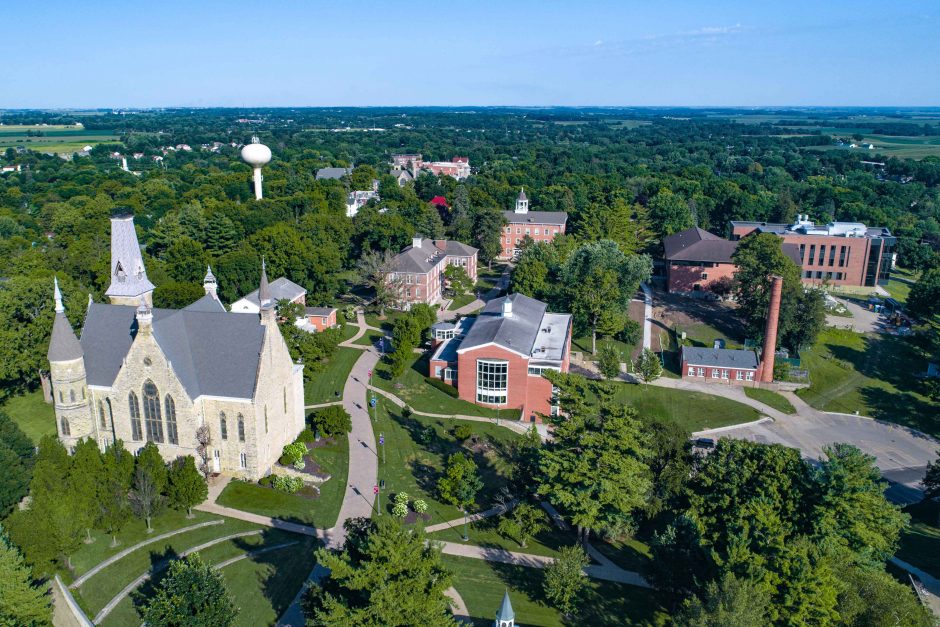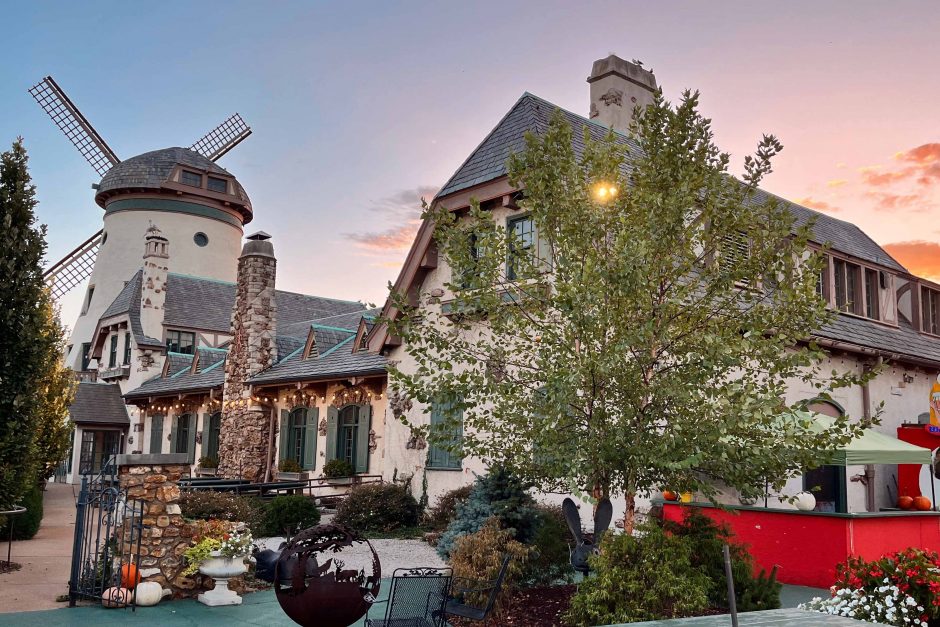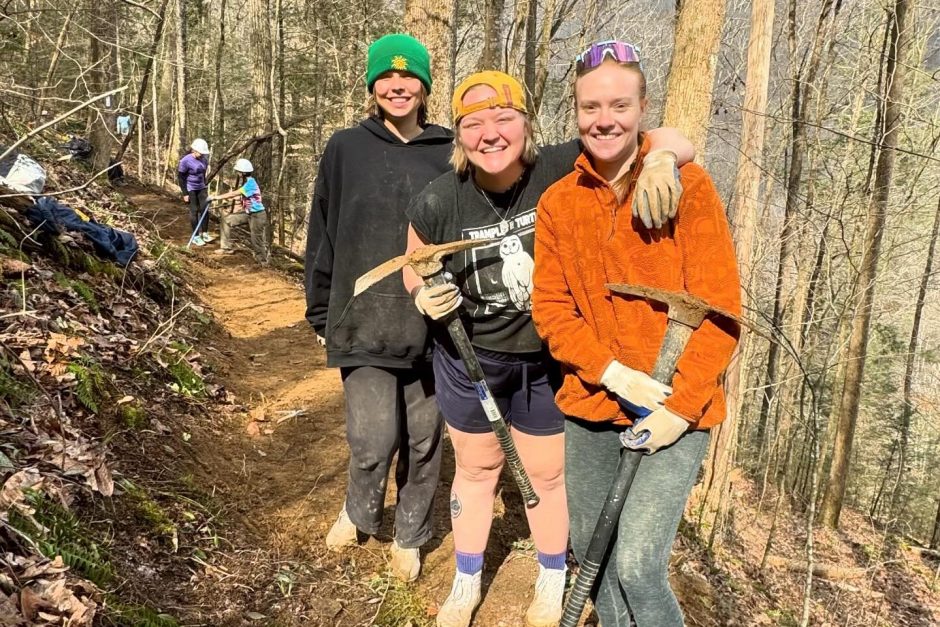Decker conducts obesity research in kinesiology master’s program
Emily Decker ’07 majored in exercise science at Cornell, participating in summer research on the effects of sleep deprivation with kinesiology professor Julia Moffitt. Decker is now working towards a master’s degree in kinesiology at Iowa State University with an emphasis on the behavioral basis of physical activity.

What does your graduate research entail?
While obesity rates continue to rise, current research aiming to increase exercise adherence in obese individuals is minimal. As such, we are comparing obese females’ affective responses (how positive or negative one feels) to exercise during a high-intensity interval bout and a continuous, moderate intensity exercise bout. From this we hope to determine if high-intensity interval exercise is something that could be recommended for obese females as a more time-efficient means of exercising.
What has your grad school experience been like?
Grad school has given me the opportunity to really focus on the aspects of kinesiology that interest me most. While grad school can be overwhelming at times, my experience at Cornell prepared me for an intense academic environment. The block plan helped me learn to juggle multiple demands in order to accomplish my goals.
What was most meaningful about your undergraduate research?
Dr. Moffitt really helped me feel comfortable in the lab environment. Working with her allowed me to pursue my interests within the field of kinesiology and discover my passion for research. I also did a month-long internship at Iowa State with my current major professor (similar to an advisor at Cornell) during the spring before I applied to the master’s program. This experience helped me realize that grad school was the next step for me in pursuing my future career interests.
What was best about studying kinesiology at Cornell?
Being able to talk one-on-one with professors and have intimate class discussions really contributed to my education at Cornell. The opportunity I had to do research with Dr. Moffitt also played a vital role in the quality of my education. And my academic advisor, Steve DeVries, made me feel comfortable at Cornell the moment I stepped foot on campus. He provided me with support and encouragement to continue pursuing my interests.
What are your career goals?
I am planning to work in a clinical exercise setting or possibly pursue a position at a research institute.
Every May, our Fitness for Life: Outdoor Activities class journeys to the Boundary Waters Canoe Area in Northern Minnesota. It is an incredible opportunity for our students to challenge themselves physically, as we use wilderness camping and canoeing as our method of improving fitness and wellness.
But the course goes much deeper than that. Along with learning the “how to’s” of camping and canoeing, our students learn to appreciate and preserve nature, develop close relationships with their classmates and discover more about themselves.
Carmen Sacco, who completed the course in 2007, says the mental and physical challenges presented by wilderness learning made the course especially worthwhile.
“One insight I had was that there was no room for goofing around…you had to be focused whenever traveling either by canoe or portage,” Sacco says. “But the days were good workouts and the nights were fun.”



